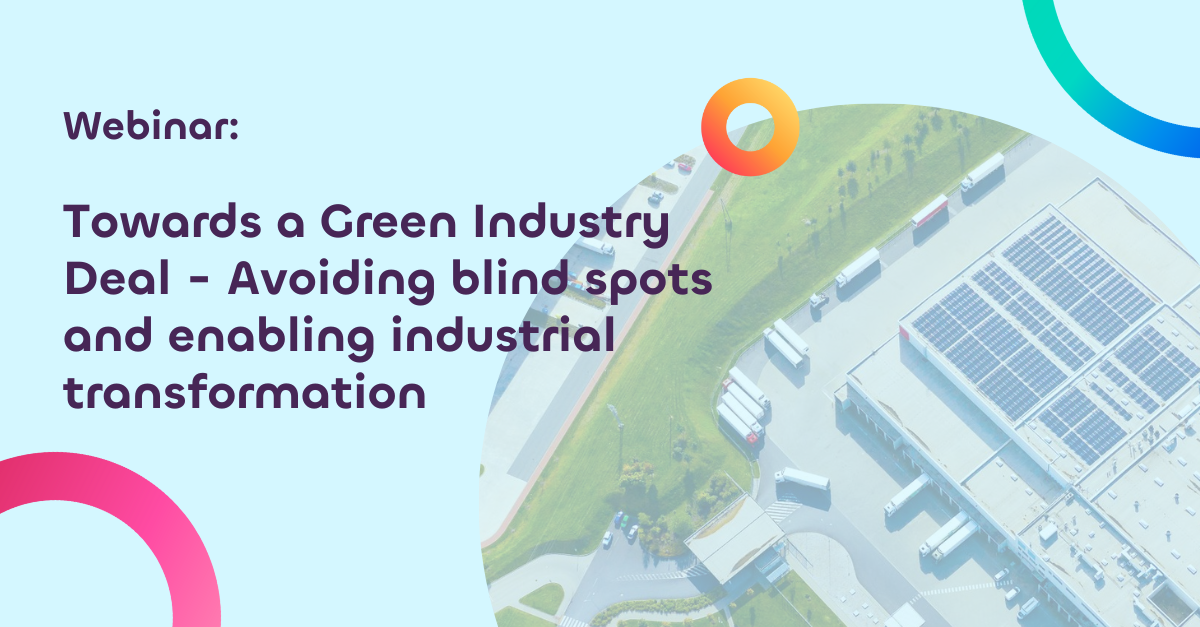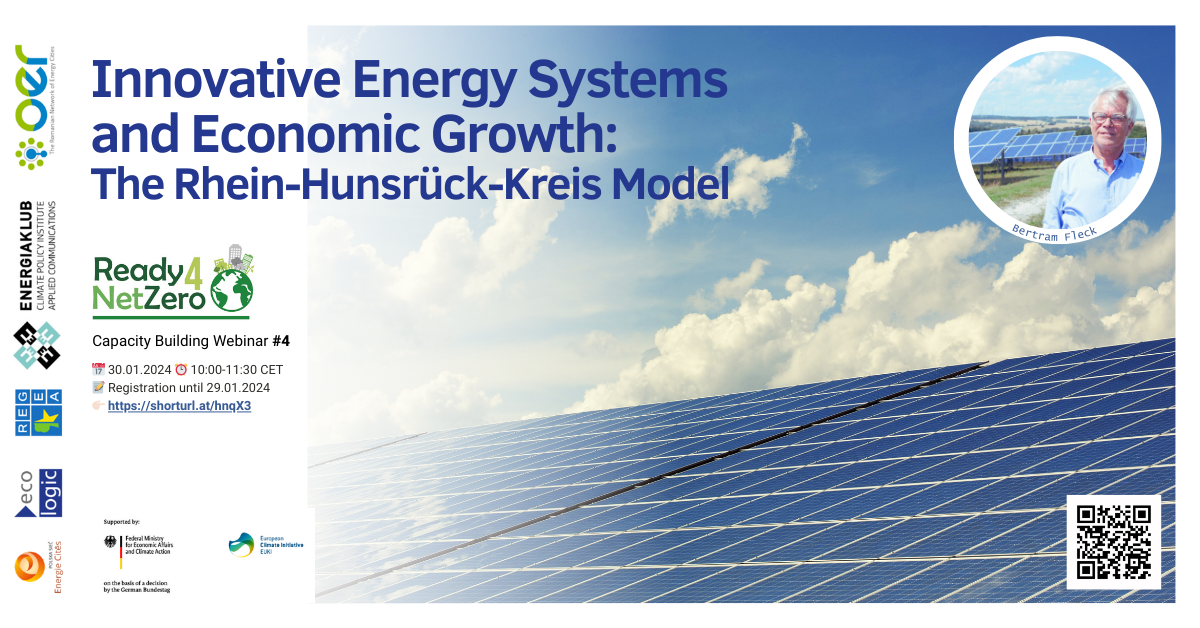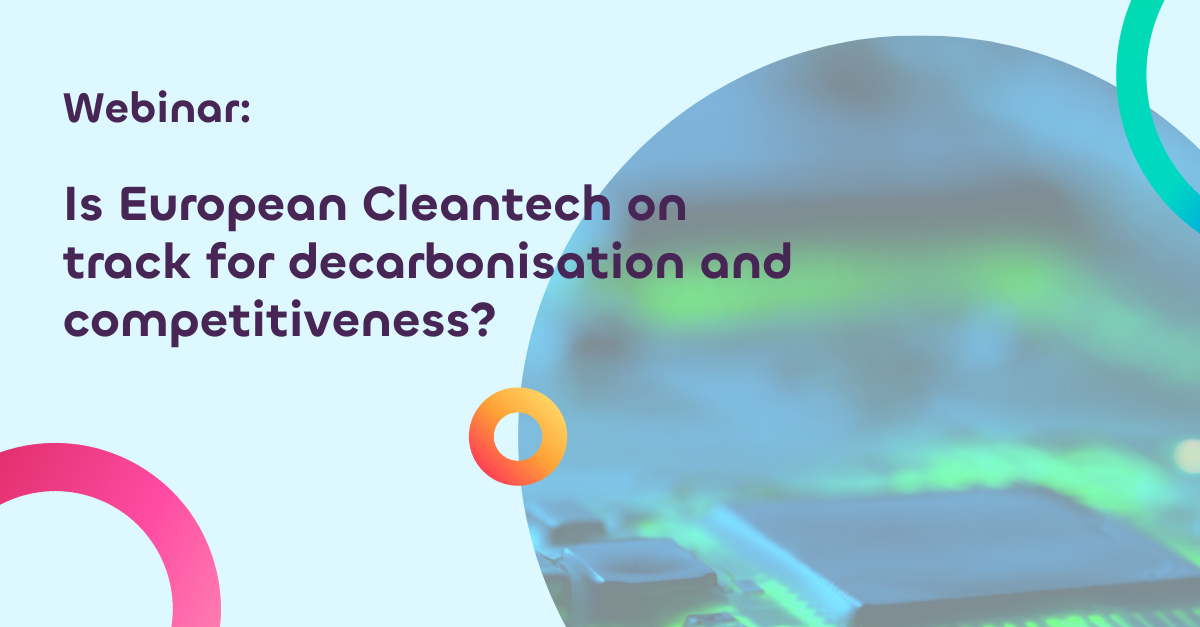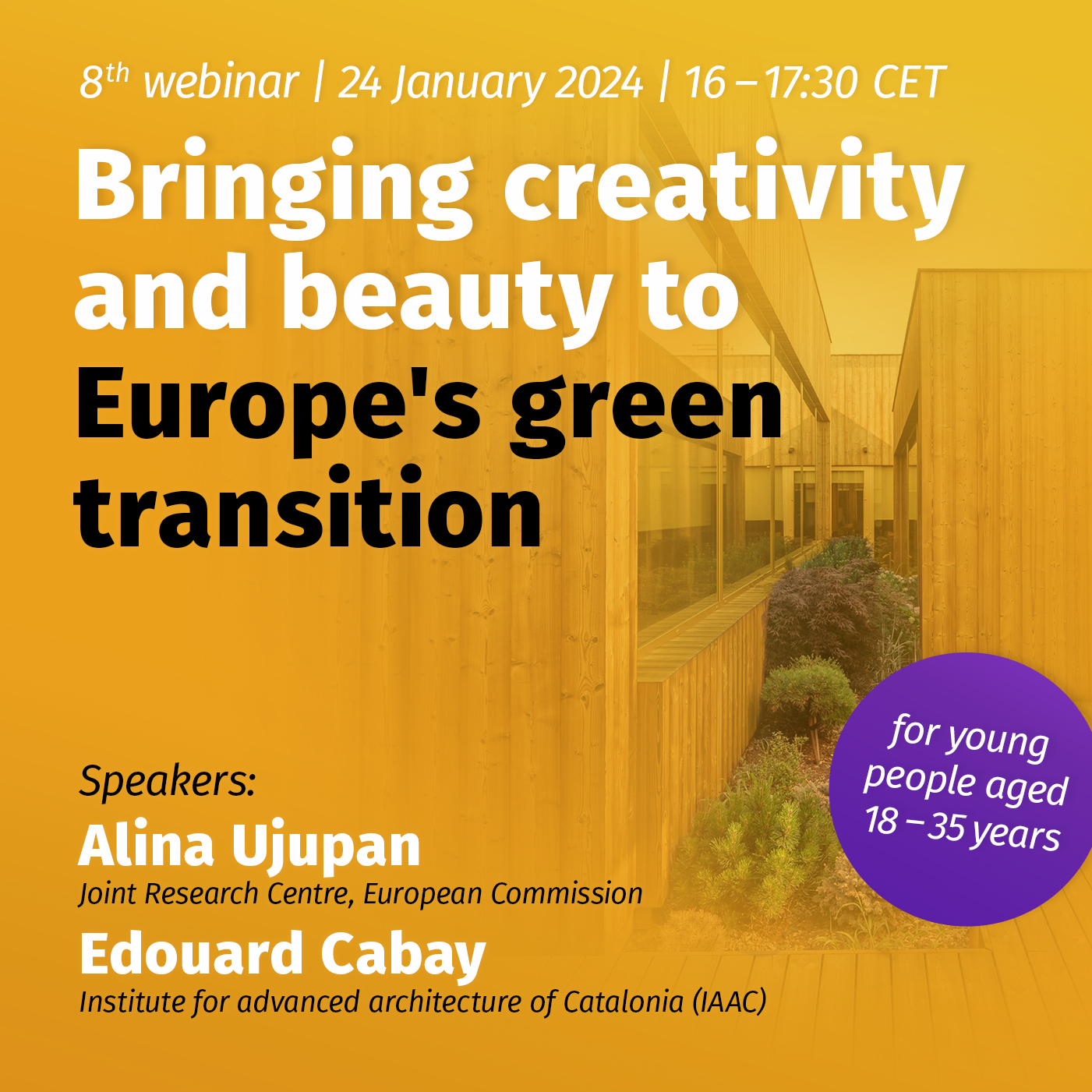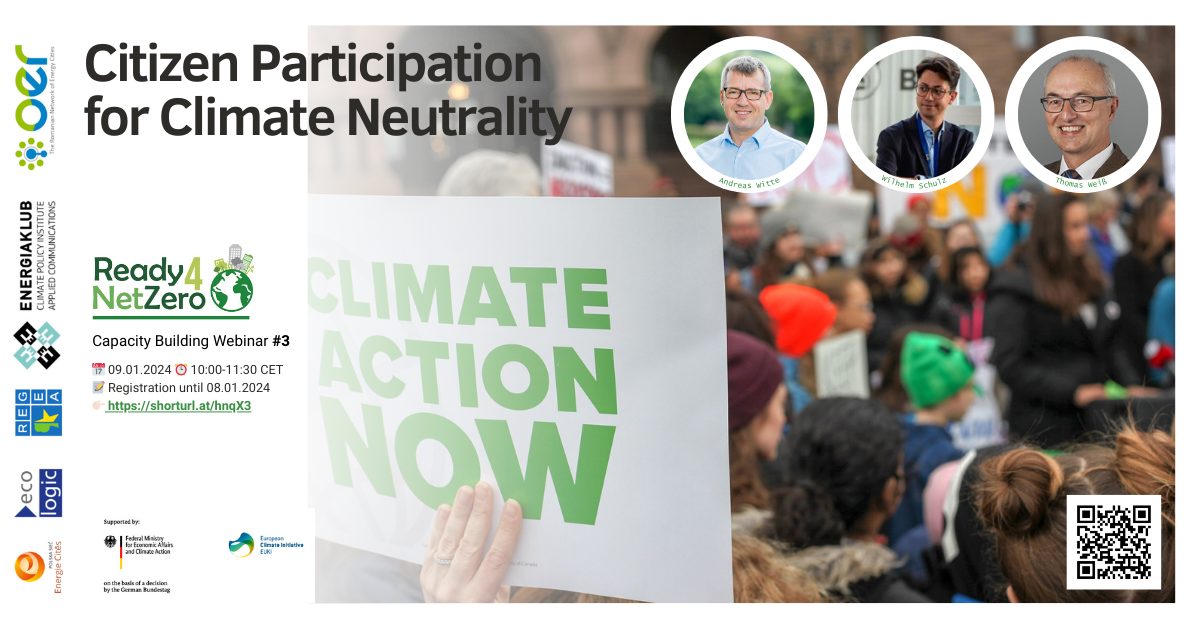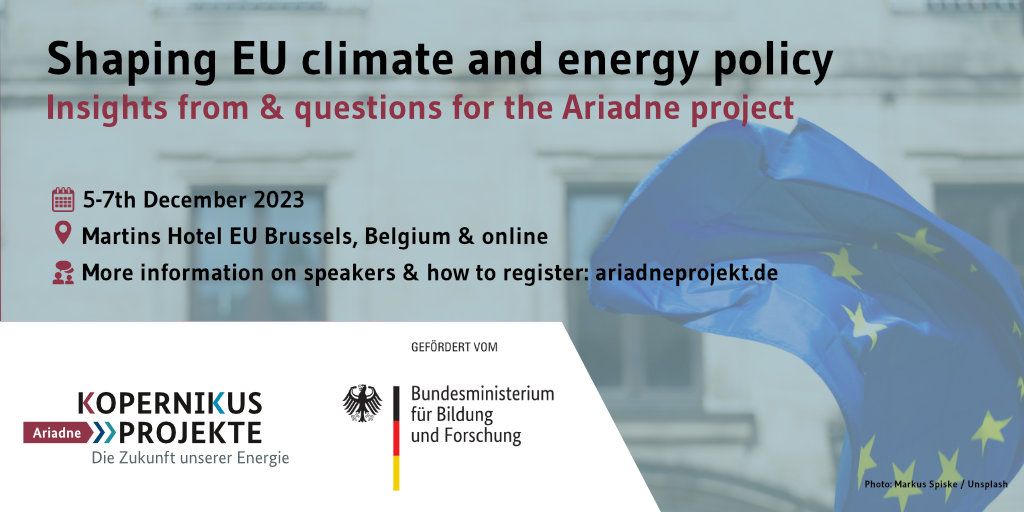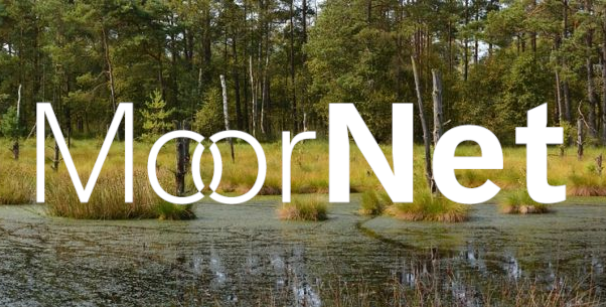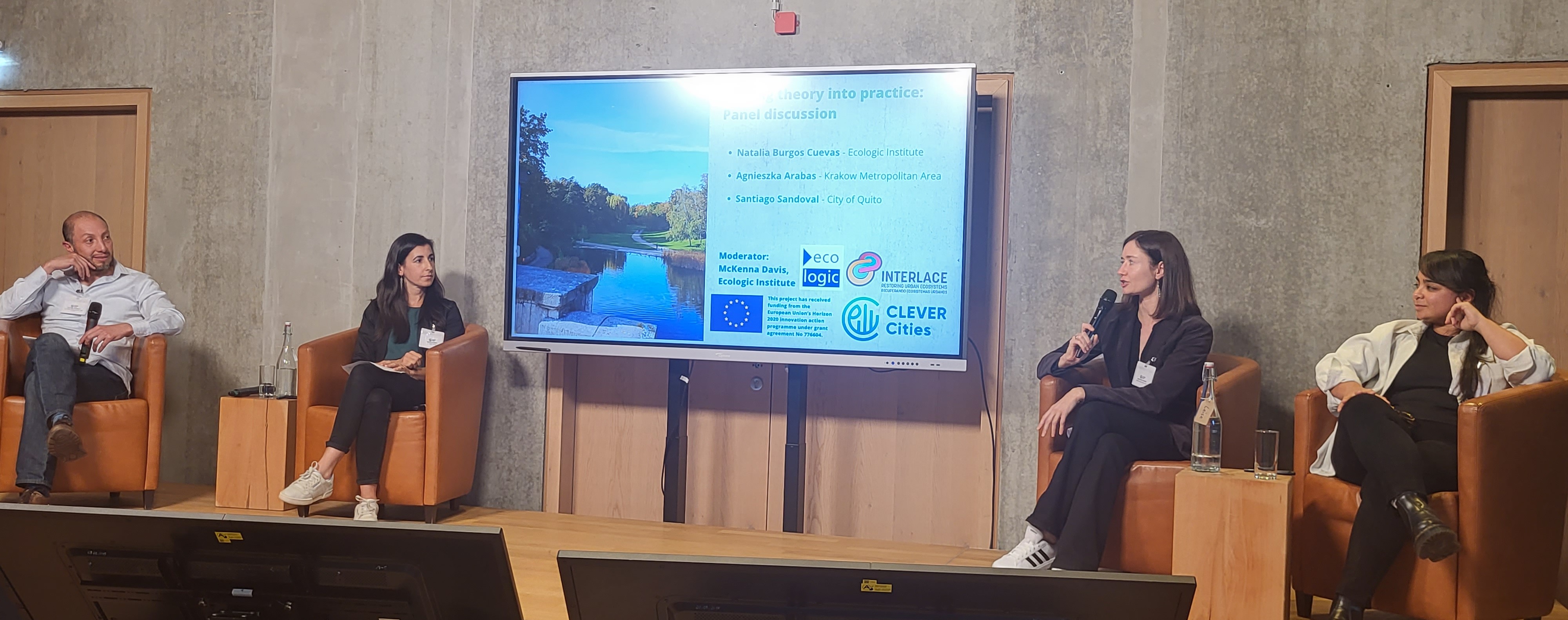Event:Conference
Event:Digital Event
Towards a Green Industry Deal
Avoiding blind spots and enabling industrial transformation
Online
Event:Digital Event
Event:Digital Event
Innovative Energy Systems and Economic Growth: Realizing Regional Value in Climate Protection
The Rhein-Hunsrück-Kreis Model
online
Event:Digital Event
Event:Digital Event
Event:Workshop
Co-designing Research on the Economics of Climate Impacts and Adaptation
ACCREU Stakeholder Workshop
Brussels,
Belgium
Event:Digital Event
Event:Conference
Innovative Policies for the Path to Climate Neutrality – COP Side Event
Dubai,
United Arab Emirates
Event:Conference
Event:Conference
Shaping EU Climate and Energy Policy
Insights from and questions for the Ariadne project
-
Brussels,
Belgium
Event:Digital Event
Climate Action in Agri-food Systems in Central Eastern Europe (CEE)
Webinar Series
-
online
Event:Digital Event
Event:Workshop
Practice Forum: Climate Adaptation on Site
Political and legal options for nature-based solutions in municipalities
Berlin,
Germany
Event:Conference
